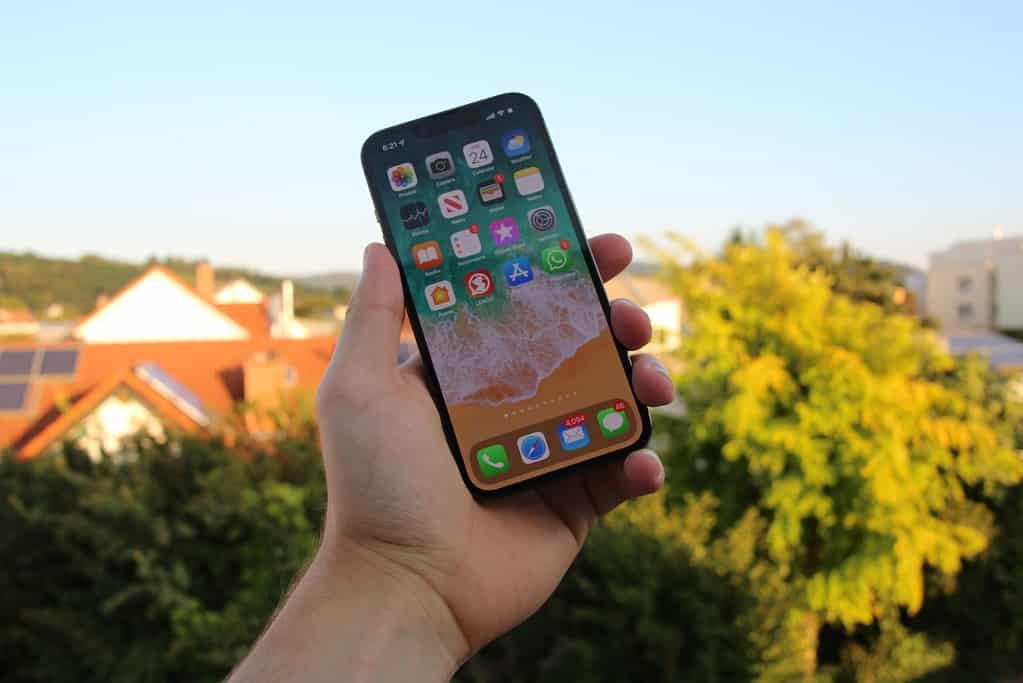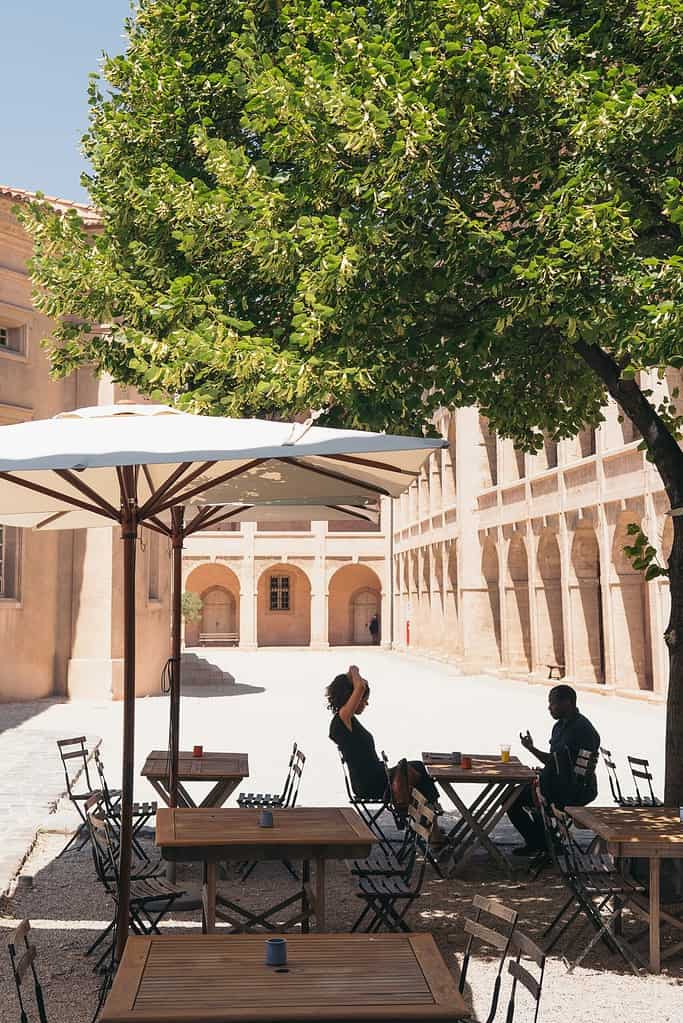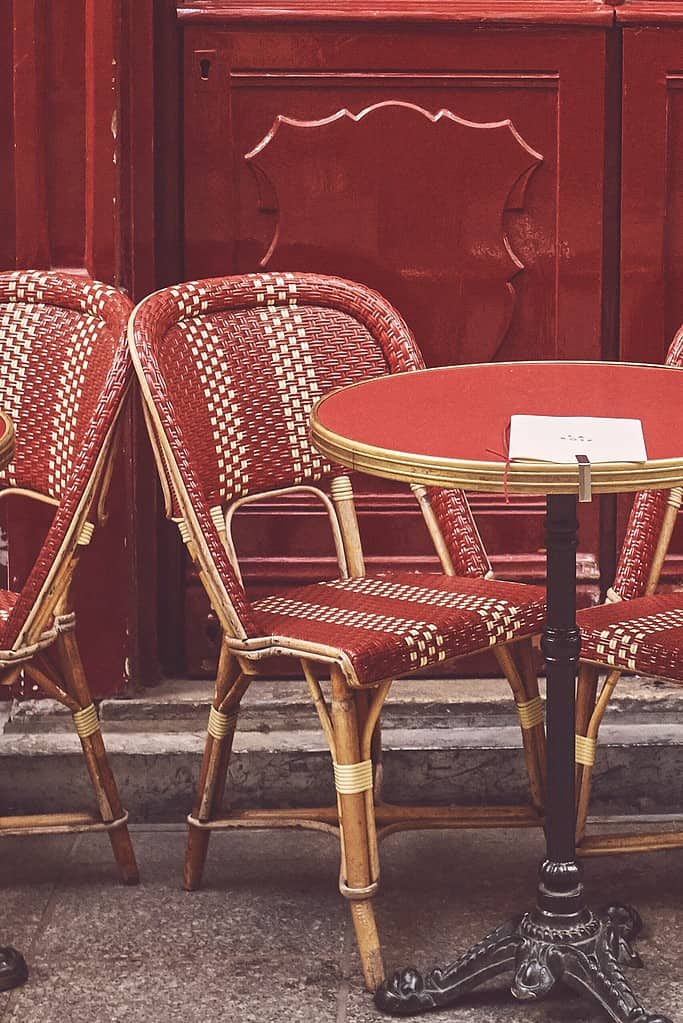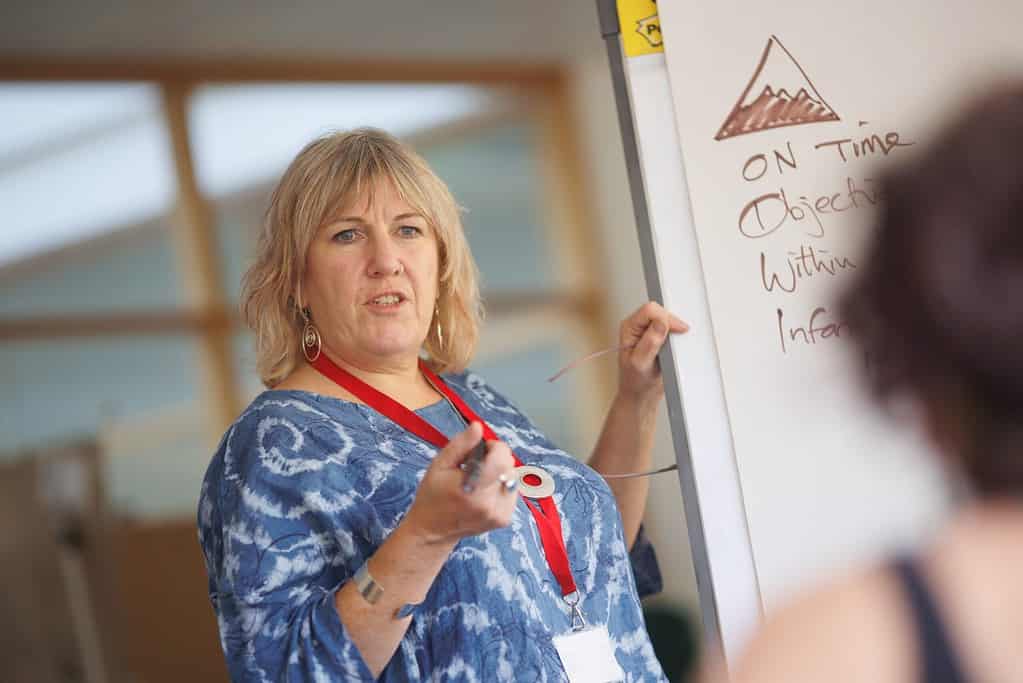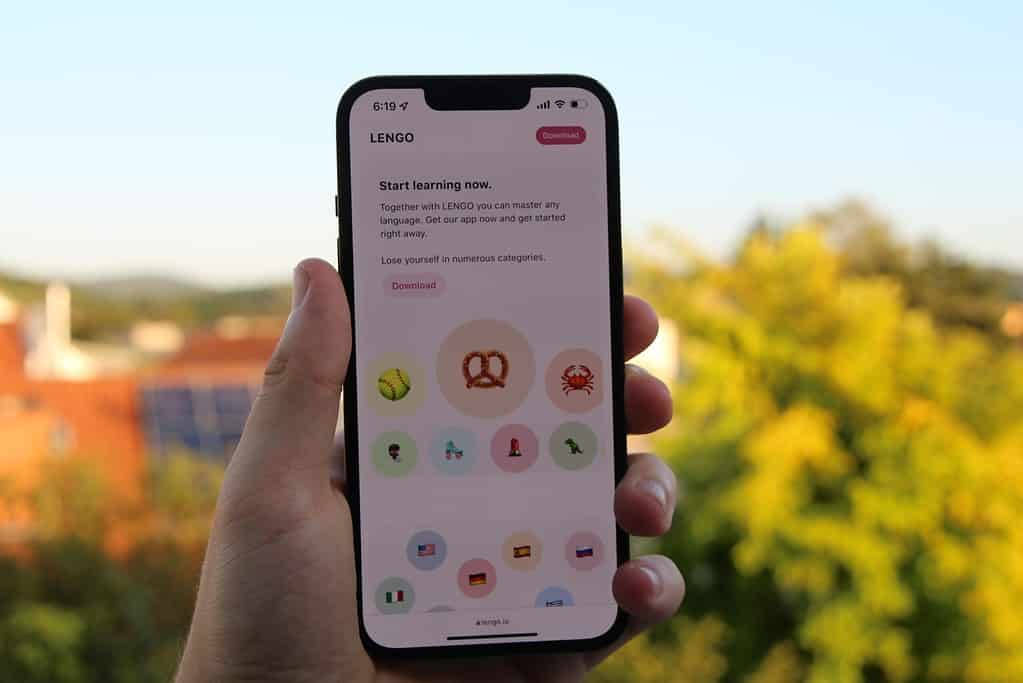Learning French doesn’t always have to involve rote drills and textbooks. In fact, integrating board games into your French study routine can transform your language journey into an engaging, interactive, and downright fun experience. Board games spark conversation, encourage lateral thinking, and allow you to absorb vocabulary in context—often in unexpected and delightful ways. Whether you’re a beginner or looking to polish your conversational skills, applying game strategies to your practice sessions can provide fresh motivation on the road to fluency. And if you’re interested in boosting your spoken French even more, check out our platform at swaplang to connect with native speakers in one-to-one video exchanges.
Benefits of Using Board Games for Language Learning
Board games create an immersive environment where language learning becomes a social, interactive challenge that goes beyond memorizing vocabulary. When playing games, you’re not only practicing your receptive skills but also enhancing your ability to think on your feet and respond quickly in French. Research from the American SPCC highlights that educational board games can serve as powerful tools in language acquisition by fostering natural conversation and critical thinking skills. Moreover, a systematic review published by MDPI underlines that interactive games improve speaking skills by engaging participants in real-time decision-making. As you engage in these playful scenarios, you’ll notice a boost in vocabulary retention, improved pronunciation, and an increase in linguistic confidence—ensuring that mistakes are part of the fun, not a setback.
Popular French Board Games for Learners
There is a vibrant selection of French board games that can simultaneously challenge your brain and refine your language skills. For example, the imaginative game Dixit uses surreal imagery and abstract prompts that require you to describe scenes and feelings in French, encouraging creative descriptive language. Similarly, the cooperative card game Hanabi is ideal for building vocabulary through shared clues and group problem solving. And if you want to explore the cultural nuances and wordplay typical of French board games, the article on Talkpal offers deep insights into the language and cultural subtleties embedded within these games. These games not only pique your interest in French language but also invite you to engage in playful banter, making it easier to internalize expressions and idioms that textbooks rarely capture.

Integrating Board Game Play into Language Practice
Integrating board game sessions into your regular French practice can be as simple as setting aside a weekly game night with friends or language exchange partners. Begin by selecting games that match your current language level—opt for those with clear instructions and visuals that can help bridge the linguistic gap. Combine this approach with structured language exchange sessions on platforms like swaplang, where you can practice new vocabulary and phrases with native speakers. Another useful strategy is to pre-learn essential game vocabulary and expressions before playing; this proactive approach builds a context for the language you’ll use during gameplay. You might also consider alternating between playing in English and French to reinforce learning while keeping the challenge light and enjoyable. Chances are, you may even find that such playful methods spark your creativity, leading you to experiment with new idioms or phrases you might use during everyday interactions. And for those looking for guidance on boosting casual conversation skills, our article on French small talk tips offers just the right balance of strategy and humor.
Real Stories: Learners Who Improved Their French with Games
Across the community of French learners, there are numerous stories of individuals who transformed their language skills through the medium of board games. One learner described how regular game nights weren’t just fun—they were a gateway to real conversations in French, helping bridge the gap between classroom learning and practical fluency. Another mentioned that the immersive nature of games like Dixit provided the perfect backdrop for experimenting with new vocabulary and sentence structures. These success stories are not isolated; similar approaches are backed by studies in educational settings, such as those detailed by Eductive, which underscore the efficacy of game-based learning in stimulating both memory and conversational skills. By creating a low-pressure environment where errors are part of the playful process, learners often find themselves more willing to take risks and speak more freely. As you consider adding board games to your French learning toolkit, remember that sometimes the best way to improve your language skills is to have fun, connect with others, and let the practice happen naturally.
If you’re ready to combine the joy of board games with effective language practice, consider trying out new interactive techniques on swaplang. Signing up can open up a world of one-on-one conversations with native French speakers, helping you bridge the gap between playful learning and serious fluency. Whether you’re playing Dixit, Hanabi, or experimenting with your own game ideas, each session brings you one step closer to mastering conversational French. Join us today and start your journey to fun, engaging, and practical language learning!



